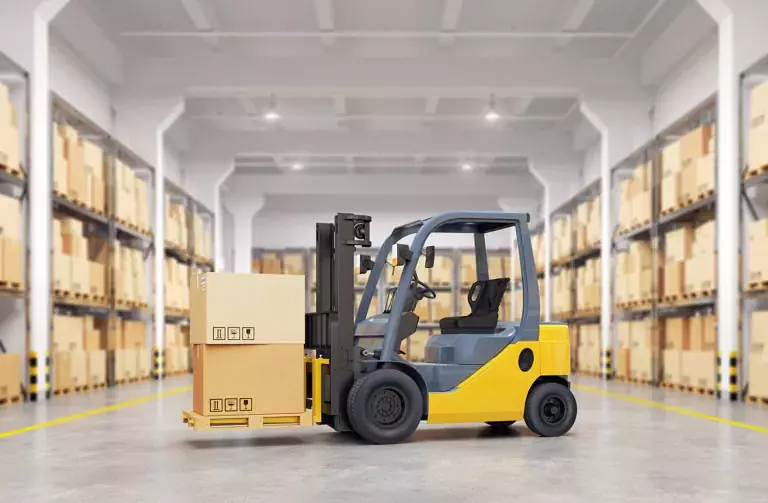 Do you find your forklift downed by consistent maintenance issues and malfunctions? Are you looking for ways to reduce costs and enhance daily operations in your warehouse? Proper forklift maintenance is a foundation of streamlined business processes and warehouse operations. Keeping on top of your forklift will help initiatives flow more smoothly. There are steps you can take right now to reduce the likelihood of negative impacts. Focusing your attention on these four items will assuredly make immediate positive impacts on your warehouse:
Do you find your forklift downed by consistent maintenance issues and malfunctions? Are you looking for ways to reduce costs and enhance daily operations in your warehouse? Proper forklift maintenance is a foundation of streamlined business processes and warehouse operations. Keeping on top of your forklift will help initiatives flow more smoothly. There are steps you can take right now to reduce the likelihood of negative impacts. Focusing your attention on these four items will assuredly make immediate positive impacts on your warehouse:
1) Malfunctions of Brakes, Wheels and Tires – Many experts agree that checking tire pressure is instrumental in avoiding accidents. Underinflated tires can result in poor traction, which can ultimately be the cause of an incident in the workplace. Furthermore, overinflated tires can blow out and thus ramp up maintenance and repair costs. Keeping an appropriate tire gauge handy and checking the pressure before each and every use can circumvent and prevent these hazards. In addition to this, brake malfunction can provoke calamity. It is imperative to deal with any brake issues as they emerge and do so as soon as possible. If a forklift operator notices the brakes getting softer and are forced to push harder to engage the system, this is a warning sign that should not be ignored. Lastly, checking the play in the wheel is essential as well. Doing so prevents steering-related incidents and assures the steering column is sound and ready for work.
2) Emissions – In many cases, automobile owners find themselves beleaguered by emissions costs when they go for an inspection. The same holds true here. Failing to adhere to emissions imperatives and directives can result in fines from various organizations. The integration of green technology has been delivered as a solution to tackle these issues. More often than not, emissions-related problems are due to a poor catalytic converter, which releases too much hydrocarbons into the atmosphere.
3) Leakages – Whether it is the battery, coolant or hydraulic fluids, it is essential to check fluid levels before operation. Failing to do so can result in a loss of power, failed forks, or overheating. All of these can be disastrous in the critical phases of a heavy operation. According to TotalTrax, reports estimate that multi-shift class I and II forklifts cost about $20,000 to maintain and operate on a yearly basis. Class III forklifts come in just under $13,000 per year in annual costs. One sure-fire method to reduce these earmarks is to check for leakages, which can identify and fix what could become a huge problem.
4) Outdated Safety Legacies – As has been championed in many articles, it is essential to keep up with the times in terms of safety practices. Every year, new ideologies and methodologies emerge to the forefront, and as a result many standardized operating procedures can become obsolete very quickly. Keeping an ear to the street can optimize maintenance regimes and directly influence any warehouse operation in the most positive of ways.
